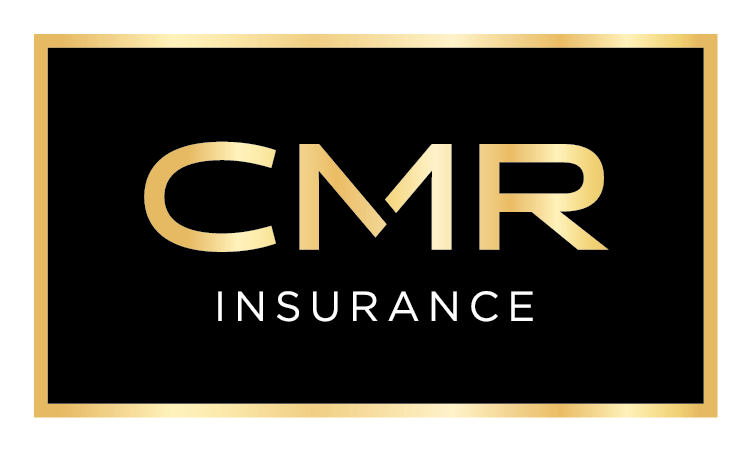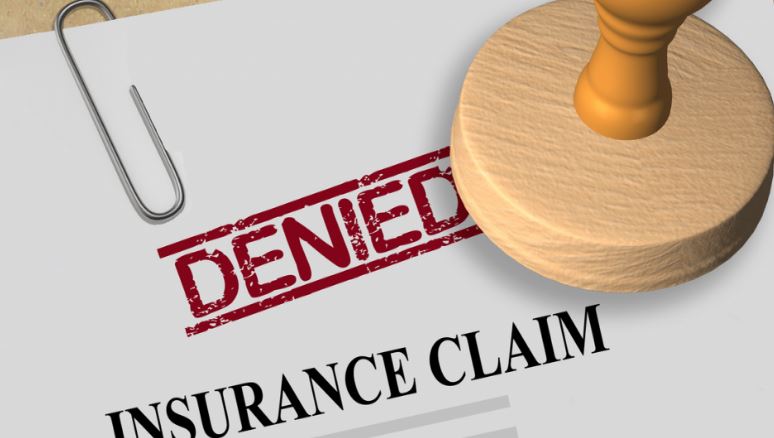CMR
CMR Broker Dave Eccles was featured in the February – March edition of the Canadian Jersey Breeder Magazine. An online copy of the magazine article can be found by clicking on the following link:
http://issuu.com/canadianjerseybreeder/docs/2015_febmch_jersey_breeder_on_issuu/
The following Q & A is being reproduced from that article:
Within the farming industry, it is hard to escape the news of a disastrous barn fire or devastating farm accident. To help you plan and protect, one of the advisors on your list should be the insurance professional. Shawna Berry of Jersey Canada (JC) chatted with Dave Eccles, Registered Insurance Broker of Craig McDonald Reddon, to discuss farm management and risk. We all get busy, but it seems that this is one area that can’t be neglected.
JC: What are the major insurance differences with various types of farms?
Dave: No two farms are the same. That’s why it’s important to have someone like myself involved to ensure proper coverage. Insurance brokers look at the entire operation and help the insured determine the value of the property and what coverage is necessary. We insure various types of farms and are not limited to farms with livestock.
JC: Most of our readers operate multi-faceted farming operations, what should they look for when choosing insurance needs?
Dave: We like to review their total operation and then build the best package around their needs. We are always being mindful of the cost so we may offer different discounts to help, for example, a higher deductible. Our role is to inform the client of the risks that they may face. We do this by discussing what coverage is available, help them determine what they want an insurance company to cover, and what level of risk they are comfortable carrying themselves. Higher deductibles are just one affordable way the client may assume some risk, while having coverage to safeguard their assets for complete losses. Also, some companies have specialized farming programs.
JC: How do you know if you qualify for farm insurance?
Dave: It depends on the amount of acreage, the number and type of animals, your machinery and facilities.
JC: In your experience, what are the most common mistakes when buying coverage?
Dave:
1) Under valuing items (i.e. buildings, machinery, etc.)
2) Not having a full understanding of what’s covered and what’s not
3) Not purchasing the required coverage (i.e. business interruption)
4) Not revisiting the policy on a regular basis (i.e. “I don’t have time to meet with you – just send the policy out in the mail”)
5) Not reporting changes to their broker (i.e. buy new equipment but forget to inform broker)
6) Buying insurance strictly on price without regards to coverage
7) Using a broker that is not familiar with farm insurance
JC: How could these mistakes be avoided?
Dave: At least once a year sit down with a knowledgeable farm insurance broker. Take the time to understand your policy, and ask questions if you don’t. Your insurance broker’s job is to help you understand what you are buying, so make sure that it is someone that you trust to help you make the right decisions. It works in everyone’s favour if the client is open and honest.
JC: How are farms assessed to come up with their valuation and insurance needs?
Dave: We will come out to your farm and assess your assets/investments to make sure that your insurance is tailored specifically to your needs. We know that the needs of a large commercial farming operation are far different than those of a hobby farm, and that poultry farmers need different coverage than produce or hog farmers. We like to insure the ‘replacement cost’ on buildings and equipment (if applicable). We have ‘cost calculations’ to help us out with this.
JC: When should you revisit your policy? Will this cost anything to the client?
Dave: At a minimum – annually. I have some farmers that want me to touch base with them monthly due to inventory changes with livestock, commodities, machinery, etc.. Don’t forget to contact your broker if you make any changes, and it never hurts to talk to your broker before you start construction on a new building or if you have expansion plans. There can be implications to your policy, so it is a good idea to involve your broker in the planning stages. At no point are there costs to review the policy.
JC: What does a typical deductible look like?
Dave: It varies from farm to farm and product to product. A well-established farm with little or no debt may feel comfortable with a large deductible ranging from $2,500 – $10,000. Others may have tighter cash flow and may prefer a $500 – $2,500 deductible. It also depends on the size of your operation. Discounts for higher deductibles usually range from 10% – 30%. Your broker can help you determine how much you can save with a higher deductible, and whether or not that makes sense for your situation.
JC: What do you do if you feel your farm might be under insured?
Dave: First of all I’m not the one that has to pay the premium. We document our conversations that we have with our clients and advise them of our concerns, but that’s all we can do. At the end of the day, it is my job to make them aware of what’s available, and the appropriate value for their property, but it is still their decision.
JC: How do you know your ‘paying too much’ for your insurance?
Dave: We have farms insured from as low as $900 annually, to in excess of a $100,000 annual premium. Everyone thinks they pay too much, the reason being “we are selling a promise”. Insurance brokers deal with multiple insurance markets, and if you think you are paying too much, ask your broker to shop different markets. It is ultimately our job to make sure that you are comparing ‘apples to apples’. Don’t cut your coverage or reduce your value without asking your broker’s opinion, and make sure you understand the implications. Remember, when the barn is on fire, it is too late to ask if you are covered correctly. Having proper insurance might be the difference in having to sell the farm versus rebuilding to the position you were in the day prior to the loss.
JC: What can you insure?
Dave: Dwellings, Contents, Outbuildings, Machinery, Animals, Milk Coverage, Produce, General liability, Pollution liability protection, Replacement cost coverage, Sewer backup coverage, Loss of use of farm machinery, Power interruption, Loss of income protection (business interruption), Fire department charges, Animal collision/Livestock insurance, Employer’s liability and voluntary compensation for farm employees (not available in all provinces), Farm accident insurance (not available in all provinces).
About Dave:
“I grew up on a farm near Holstein, Ontario in Grey County. During the 70’s and 80’s my father ran a farming operation of approximately 500 acres, 100 head of beef cattle, 10-15 sows (farrow to finish), and we had about 60 chickens. We would buy cattle from the West as stockers and then feed and finish them.
I started in the insurance business in 1989 working as an agent for a small farm mutual in rural Ontario. Although this was a great start, I realized there were many facets of insurance – all of which they did not offer. By becoming a broker a few years later, I had access to many insurance companies, which in turn had a range of options for my clients. From Windsor to Ottawa, I now insure all types of agricultural operations from hobby farms to corporations – such as livestock, dairy, produce, cash crop, solar, bio-gas, contractors, and feed mills. I also insure businesses in manufacturing, real-estate, and retail.”
Established in 1977, Craig McDonald Reddon Insurance Brokers Ltd. has offices in Hanover, Walkerton, Mildmay and Durham. They have grown from 15 employees in 1991, to a current staff of over 45 people. Farming is certainly a unique business and lifestyle. I seem to have a deep understanding of farm insurance needs and enjoy building cost efficient programs.”
Dave Eccles, CAIB, Registered Insurance Broker
Craig McDonald Reddon Insurance Brokers Ltd., 467 10th Street, Hanover, Ontario, N4N 1R3
Phone: 519-364-3540 | 1-800-282-1915 Fax: 519-364-7209
Email: deccles@cmrinsurance.com
Website: www.cmrinsurance.ca
Facebook: https://www.facebook.com/cmrinsurance
Twitter: https://twitter.com/CMRIns
Linked In: https://www.linkedin.com/company/cmr-insurance-brokers-ltd.?trk=hb_tab_compy_id_1829049



